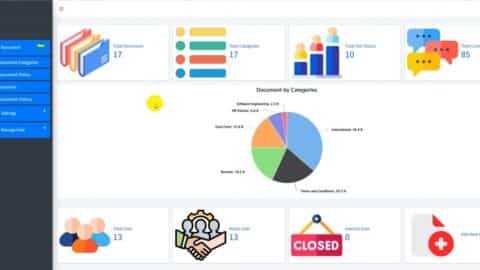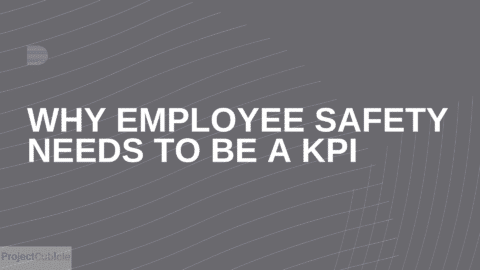The New Ways Of Working Require to Reform Employee Benefits

Table of Contents
The pandemic has forever changed the way we work and employee benefits. For a lot of us, it has become difficult and challenging while many consider it an ideal change. However, there is not much we can do about it except to accept it and focus all the energy in getting used to the new normal. It will not help fight the old but will help make huge progress if we build on the new. Covid-19 has brought to light new and effective ways of working. And in order to stay at the top of their game, organizations will have to reform the employee benefits. So, let’s see what is the new normal and how organizations can adapt to it considerin remote employees.
Higher flexibility
The biggest takeaway from the pandemic is the fact that employees do not need to be present in the office to complete their work. That said, it is also very clear that sitting in an office and employee productivity are not directly related. Flexibility remains at the heart of how the new normal works and one of key employee benefits. It includes location, hours, and even workdays. Location is no longer a defining characteristic of most jobs and it has become flexible. Employers have started to expand their creative pools across various time zones and employees are working remotely from any part of the world. Professionals are now only keen on considering a new job or position if it allows them to work remotely. If you are still stuck at in-office work, you could be losing potential talent.
Output is more important than physical presence
The old ways of working only focused on employees who were present at the office and spent long hours on workdays. Those who put in more hours were considered more productive while remote employees were often overlooked and were not compensated enough. Now there is a level playing field and there is no requirement for physical presence in the office. Managers are now rethinking their management approaches and not focusing on the hours worked but on the output and results.
Inclusion to Reform Employee Benefits
A huge benefit of remote work is that it has helped counteract the biases that surround gender, disability, ethnicity, race as well as sexual orientation. Now, the work environment allows workers with special needs to thrive anywhere. Gender gaps have been bridged with higher flexibility and remote work has gotten rid of the visual bias which could have been an issue in an in-office environment. The pandemic has opened a path for an inclusive culture and allows candidates to look for better jobs. Diversification of the workspace is important and it has become a reality now.

Commuter and insurance benefits
A lot of organizations believe that commuter benefits are based on the assumption that employees will come to the office five days a week for close to 20 days a month. But in a hybrid work arrangement, the employees will have to make changes on demand or even day to day. Businesses will need to have programs that allow for on-demand buying and roll over the unused funds from month to month so as to provide greater value to employees. With regard to insurance benefits, a Bronx car accident lawyer at Barnes and Firms believes that organizations will also have to re-access the personal and accident insurance policies of their employees to keep up with the new normal.
Specialty accounts
Often called lifestyle accounts, there will be specialty accounts that will offer more flexible options to the employers to offer benefits to their employees. These accounts will allow the businesses to identify the items or categories through which they would like to assist the employees. It could be something like setting up home office expenses or contributing to a bicycle commute program. Many companies also offer funds for higher education and development purposes.
The traditional approach toward compensation and benefits is no longer valid. Businesses need to account for the financial, physical, and mental well-being of their employees. It could include health insurance, workplace safety, retirement benefits, wellness programs, and more. There is a broader approach toward working with a remote team and it will require a lot of planning and organization to ensure that each employee receives the right compensation and access to other benefits. A holistic approach will make a difference here.
Conclusion on New Employee Benefits
As the border between work and life becomes more blurred due to the rise of remote working, HR directors are placing a greater emphasis on the physical and mental wellness of their workforce. Putting an emphasis on the overall health and happiness of one’s workforce is essential to the process of building resilience in the workplace. The concept of employee well-being has evolved over the years to encompass more than just the employee’s physical health. These days, the emphasis is placed on cultivating a culture of holistic well-being, which takes into account the employee’s physical, emotional, financial, social, career, community, and purpose well-being.
Employers need to start by taking an honest look at the current benefits and their approach toward compensation and employee well-being. Look for opportunities to make changes and speak to the employees to understand what is it that they are looking for. Follow through and try to include as much as you can in your business. When you have a team of happy, satisfied employees, they continue to stick with you for years to come, ultimately benefiting the business.

Bianca Scarlot is a technology and business leader with multi-industry experience. Throughout her career, she has provided the expertise and direction for leading-edge initiatives that included agile transformations, process reengineering solutions, and IoT service delivery innovations. She is director of AgileNova Training Academy.









